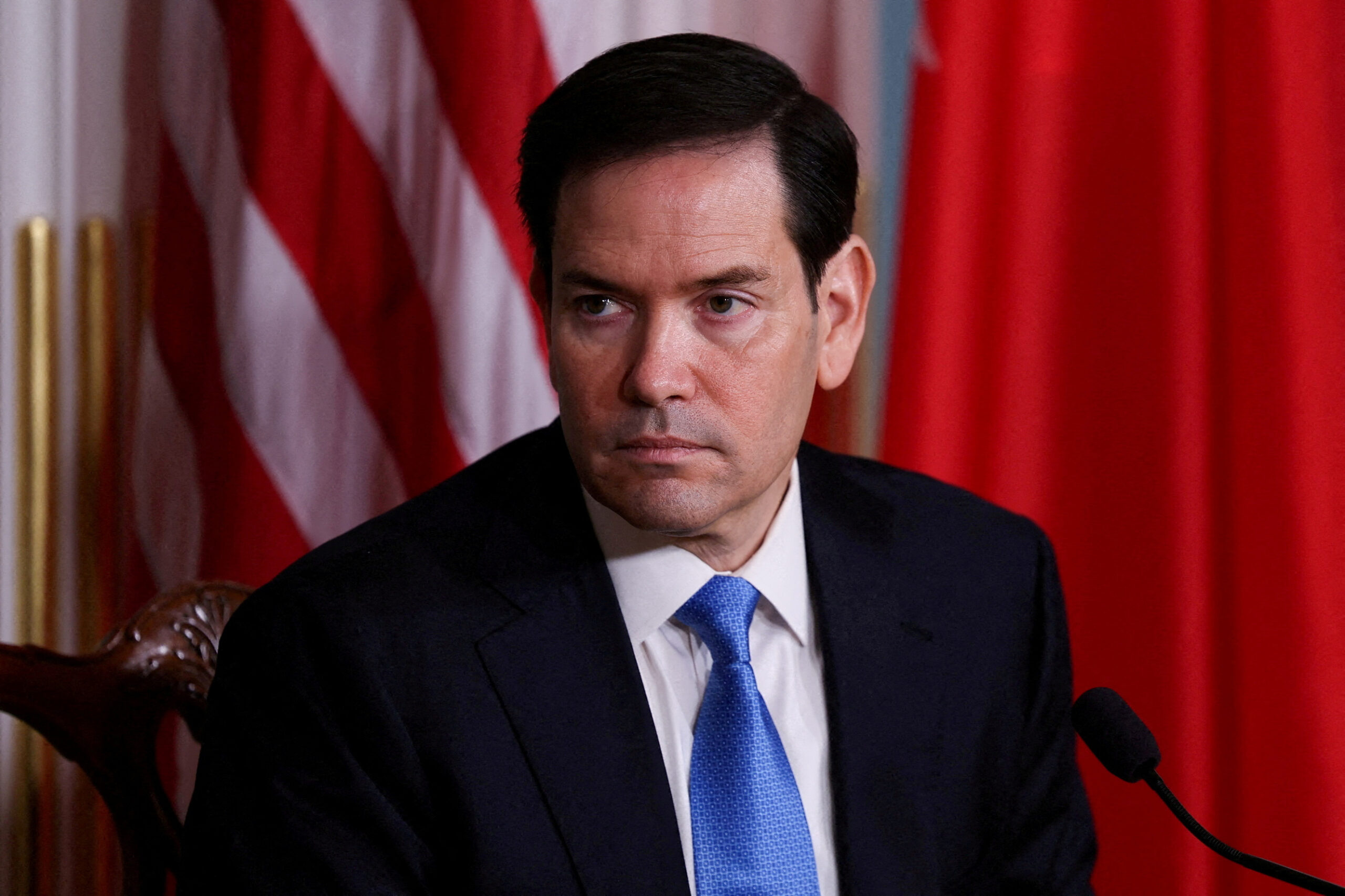
FILE PHOTO: U.S. Secretary of State Marco Rubio attends an event at the U.S. Department of State in Washington, D.C., U.S., July 16, 2025. REUTERS/Umit Bektas/File Photo
The United States has announced visa restrictions on several African government officials and their families over alleged involvement in Cuba’s international medical program, which Washington has described as a system of forced labor.
The U.S. State Department said on Wednesday that the sanctions target officials accused of facilitating or participating in the Cuban medical mission, a program that sends doctors abroad under restrictive conditions.
According to U.S. officials, while Cuba presents these missions as humanitarian aid, doctors are often compelled to work under coercive arrangements, with a significant portion of their earnings retained by the Cuban government.
“These measures are part of our policy to denounce forced labor and support the Cuban people in their quest for freedom and dignity,” the State Department said in a statement.
Since the 1960s, Cuba has deployed medical brigades to countries primarily in the Global South, providing services in healthcare, disaster response, and pandemic relief.
While the program has been widely praised for its humanitarian impact, critics argue that it systematically exploits Cuban doctors, depriving them of full compensation and limiting their personal freedoms.
The sanctioned African officials are alleged to have facilitated the deployment and operation of these brigades in their countries, effectively participating in what the U.S. government calls a coercive labor system.
Washington has urged other nations committed to human rights and democratic values to join efforts aimed at ending abuses associated with the Cuban medical missions.
The move underscores growing international scrutiny over the ethics of Cuba’s overseas medical deployments and reflects the U.S. strategy of leveraging visa restrictions to address human rights concerns.
The U.S. actions are expected to provoke diplomatic reactions in both Africa and Cuba, as the policy highlights tensions between humanitarian objectives and the ethical treatment of medical personnel.
Critics of the sanctions argue that they may complicate healthcare cooperation in regions that rely heavily on Cuban medical expertise, while supporters insist that accountability for forced labor is paramount.
The targeted officials and their governments have not issued public responses to the sanctions, leaving the full impact of Washington’s measures yet to be determined.



